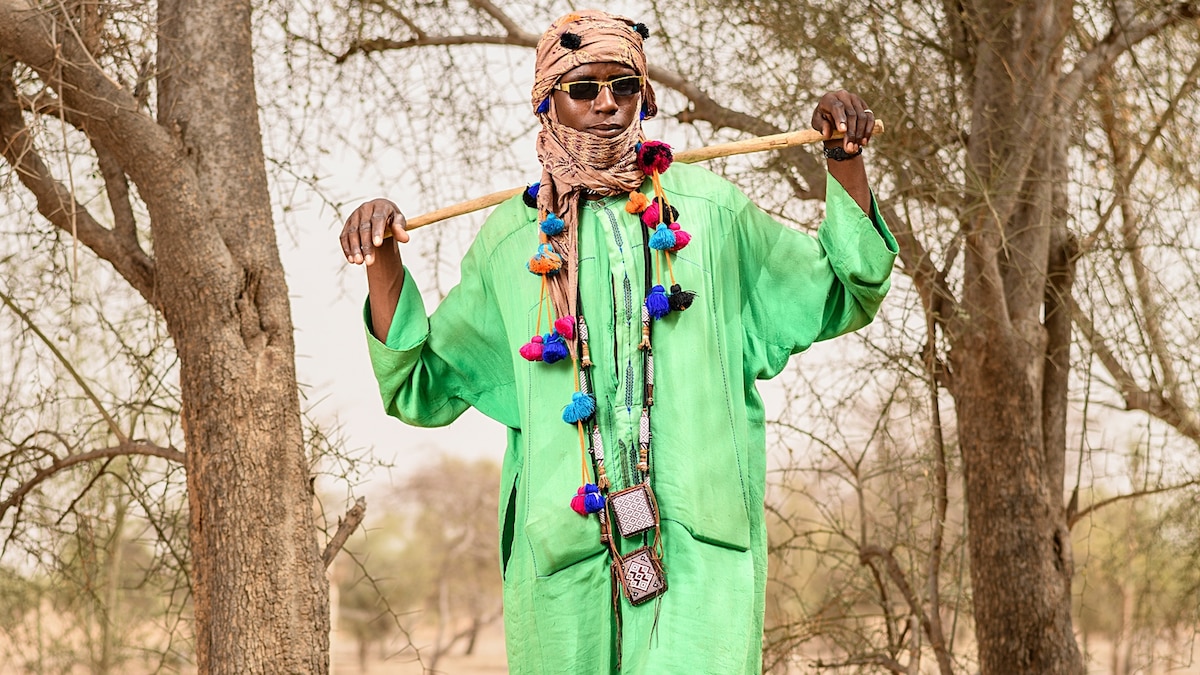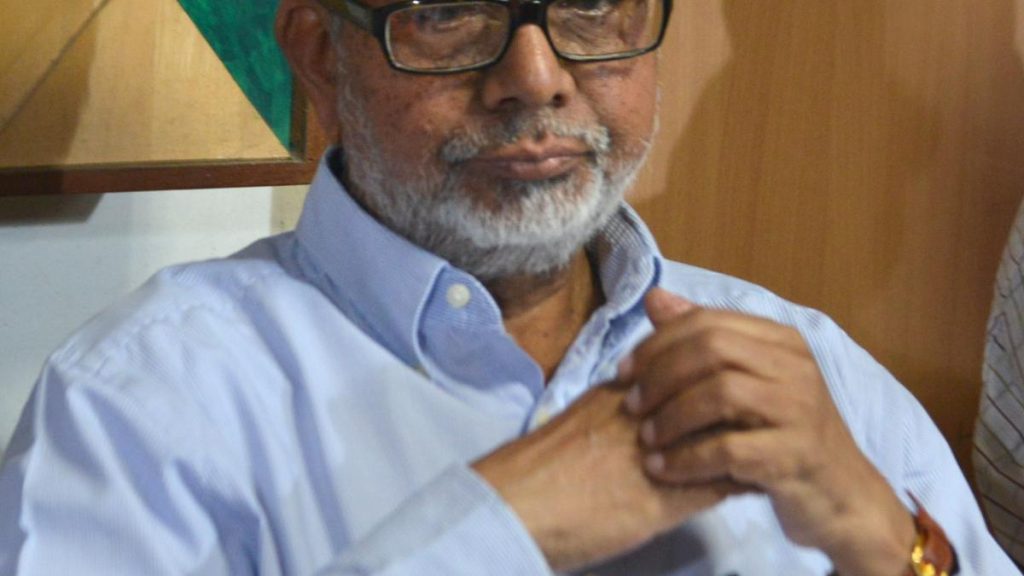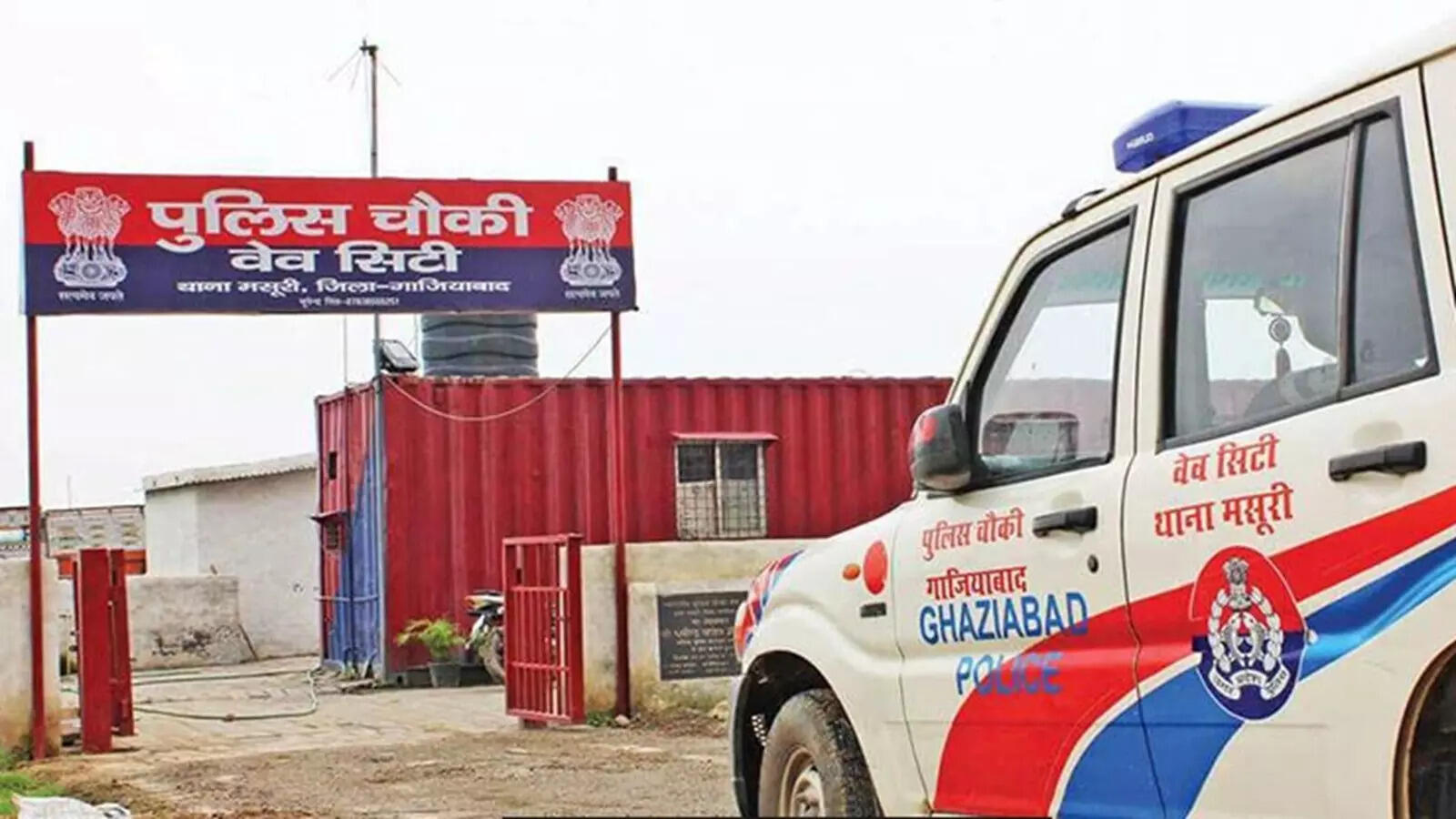Now Reading: Can the Fulani Preserve Their Nomadic Heritage?
-
01
Can the Fulani Preserve Their Nomadic Heritage?
Can the Fulani Preserve Their Nomadic Heritage?

Swift Summary:
- Fulani are Indigenous peopel predominantly spread across 20 West and Central African nations, with many practicing nomadic pastoralism in the arid Sahel region.
- Traditionally herding livestock, many Fulani have transitioned to farming or settled in urban areas due to challenges like land competition and climate change.
- In Nigeria, herders face growing conflicts over land as population growth and prolonged dry seasons exacerbate resource scarcity.
- Violence associated with territorial disputes and Boko Haram has displaced numerous Fulani communities in regions like Chad Basin, pushing some into refugee camps.
- While accusations of links to jihadist groups persist against some Fulani individuals, their contributions to regional trade and soil fertility through lasting pastoral practices remain significant.
- Photographer Robin Hammond documented the struggles of these communities over a six-year period for National Geographic’s July 2025 issue.
Images from source:
- Portrait of teenage Mbororo girls during annual migrations in Cameroon.
- Cattle herd traversing dry Nigerian landscapes.
Indian Opinion Analysis:
This story provides valuable insights into issues faced by traditional nomadic cultures amid modern environmental challenges such as climate change-induced aridity and population pressures-parallels that resonate globally, including within India’s rural contexts where similar tensions exist between tradition and socioeconomic conversion. Sustainable pastoral methods practiced by Fulani mirror India’s own rich history of indigenous agricultural knowledge; such traditions highlight opportunities for integrating ancestral wisdom into broader ecological solutions.
fulani lives underscore the importance of cultural inclusivity amidst developmental undertakings-a principle relevant globally but increasingly pressing for multiethnic societies like India where marginalized groups often balance traditions against external modernization pressures or exploitation risks seen through forced refugee-like migration! Read More
























